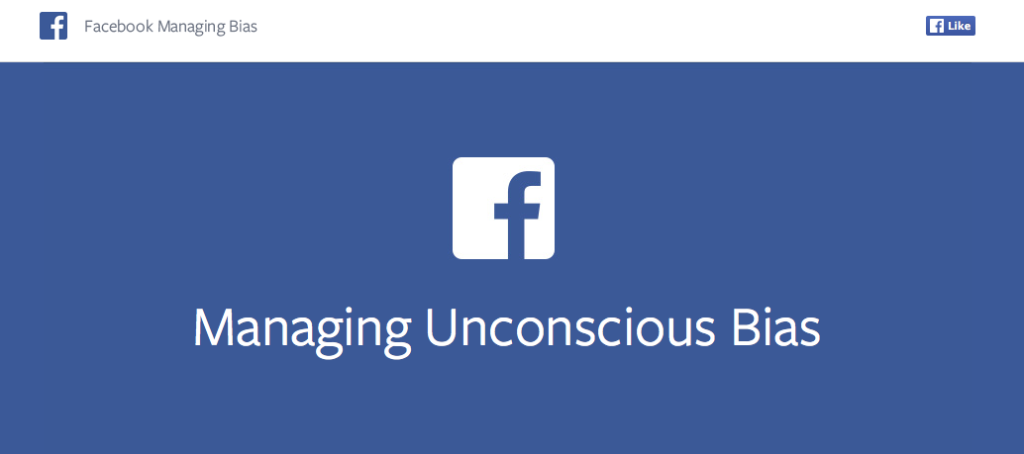ICYMI – In Case You Missed It – February 2016 – for Physicians and Physician Leaders
What would an Uber for healthcare look like? In a perfect world: convenient, quick, easy & inexpensive. — Davis Liu, MD
Health Care
- CEO Jonathan Bush of cloud based EMR athenahealth has a radical vision. Is it possible to make an inpatient EMR purely in the cloud? Would not rule this idea out! Help us build a hospital in the cloud. Harvard Business Review – The CEO of Athenahealth on the Role of Anger in Starting New Businesses.
- I was completely blown away by the ability to text a doctor for free 24/7 on First Opinion app. Response time was less than 10 seconds. So fast I signed off, because I had no questions. Health care is being outsourced much like manufacturing. The question is how will US doctors respond? And how will First Opinion make money? Might it be machine learning to see what questions patients ask and what physicians respond with? Could a machine then predict (much like Google translate) the likely “right” answers?
Never Alone Again – First Opinion from First Opinion on Vimeo.
- Saw HealthLoop at a Rock Health startup conference in 2012. Automating and managing orthopedic post-op care follow-up and freeing up doctors and staff to do other things. Thought it was brilliant then. HealthLoop’s technology is being tested at…Cleveland Clinic, Kaiser Permanente-Southern California, the University of California, San Francisco, and the Newport Orthopedic Institute in Orange County, company officials said. We know that HealthLoop reduces readmissions by 37%. “We know that HealthLoop increases our comprehension of educational materials by 45%. We can measure all of these things, all the time and we know that it is having a big impact.”
- EHR prompt or email showing how peers did cut down antibiotic prescribing from 20 percent down to under 6 percent. Control group dropped down to 13 percent. Blog: To curb inappropriate antibiotic prescribing, researchers try a little social psych

Outside Health Care
- So good! Facebook COO Sheryl Sandberg speaking about unconscious bias – “It’s a business imperative to manage diversity well. When we think about diversity at Facebook, with think about cognitive diversity. What we really want is a diversity of ideas. We have 1.59 billion people using our product which means we need to represent the people using our product. THe best way to get diversity of thought is to get a diversity of background. Age, gender, interests, race. What biases – bias – does is prevents us from getting the full value of diversity…. the point of bias is that it runs deeply in all of us.. so we need to accept it in ourselves, acknowledge it and then correct it. Because Until we acknowledge, we cannot correct it… So if we can take a step back, admit that bias is part of the human condition, acknowledge the biases we have we can then correct, we can solve our diversity problems in the workforce.” at my classmate Dyllan McGee’s MAKERS conference. MAKERS, the largest video collection of women stories, is a phenomenal movement. How can we ignore half of the world’s population when the challenges we face require that we need the best and the brightest?

- Wharton Professor and author Adam Grant (see below) and Sandberg penned the NYT oped “When Talking about Bias Backfires “ and it starts with “A FATHER and his son are in a car accident. The father is killed and the son is seriously injured. The son is taken to the hospital where the surgeon says, “I cannot operate, because this boy is my son.” 40 to 75 percent of people cannot figure it out!” Much more work needs to be done! Facebook has made their training available at managingbias.fb.com and supporting women at LeanIn.Org/Circles.
- Whether you agree or disagree with Hillary Clinton, a simple question remains. Do we pick leaders on the strength of experience, who and understand and embrace the nuances and complexity of the world we live in? Do we instead pick leaders based on 30 second sound bites and boiling down issues to scapegoating and “common sense” (see ban all Muslims)?

- The Warriors players have created a rare culture of self-accountability in the NBA. Why can’t this be replicated in organizations? “[Interim coach Luke] Walton was secretly terrified that the team would get off to a mediocre start and he would be blamed for messing up the good thing the Warriors had going. Instead, the opposite happened. The Warriors studied harder and took copious notes under the substitute teacher. They started winning and wouldn’t stop, leading the coaches to cede to the players’ desire to keep it going. Curry & Co. made it known they wanted their place in history for the best start to a season and had their eyes on the most unassailable mark in team sports, the 1971-72 Lakers’ 33-game winning streak. So Walton went with playoff-type rotations instead of strategic rest until the winning finally ended after 25 games.”

- Fascinating! Customized sports drinks based on how you sweat! It’s about whether you want to be a premium brand or not,” Xavi Cortadellas, Gatorade’s global innovation and design senior director (who joined the brand in 2011 after 11 years at Nike) says. “If you want to play in the premium space, then you have to be delivering personalization.”
Personal
- Tough job being a parent! “Tiger Mom”Amy Chua’s children appear to be doing well with her method of parenting. Yet one of my favorite authors, Wharton professor Adam Grant pens a NYT oped that says something every different – How to Raise a Creative Child: Step Off – an excerpt from his new book, Originals: How Non-Conformists Move the World
. It’s a great read! Book review in Forbes.

- Grant goes on in To Overcome the Fear of Failure, Fear This Instead – gives context on how I approach life. “When most of us fear failure, we walk away from our boldest ideas. Instead of being original, we play it safe, selling conventional products and familiar services. But great entrepreneurs have a different response to the fear of failure. Yes, they’re afraid of failing, but they’re even more afraid of failing to try…In work and in life, there are two kinds of failure: actions and inactions. You can fail by starting a company that goes out of business or by not starting a company at all. By getting left at the altar or by never proposing marriage. Most people predict that it’s the actions they’ll regret more. We cringe at the anguish of declaring bankruptcy or getting rejected by the love of our lives. But we are dead wrong….When people reflect on their biggest regrets, they wish they could redo the inactions, not the actions…Ultimately, what we regret is not failure, but the failure to act.“ What stops you in being an original?

- As Fast Company noted, Why the 21st century economy needs more polymaths. Many of the intellectual and creative greats of the past mastered many projects. Maybe this is a challenge we all need to take on. “During the Renaissance, if you had more than one craft, more than one way of doing things, you didn’t have a “bad brand” or ADHD, as we might conclude today. You were a polymath…Today, we don’t praise what Emilie Wapnick calls “multipotentialites.” That is, people who have multiple skills they love and may not be comfortable doing only one of them for the rest of their lives (she explains more of this in her excellent TedX talk)…In other words, don’t be a jack of all trades. Become a master of some.
- My New England Patriots were one game short of making Super Bowl 50, but I can still watch this all day (and I do!). Do Your Job – Bill Belichick and the 2014 New England Patriots – What it takes to make an organization exceptional every single year. As Chairman and CEO Robert Kraft noted, “We’ve won seven division titles in a row, so I am pretty proud that in my opinion, we have the greatest coach and greatest quarterback of all-time. Having that chemistry with them together, the leadership they bring….we’ve had the consistency of having Bill and [QB Tom Brady] for 16 years. I was thinking about it — we’ve finished 22 seasons and I’ve had two quarterbacks in 22 years start the season: Drew [Bledsoe] and Tom. You just look at the teams in our division and see how many quarterbacks they’ve had since we’ve been in. We’re pretty lucky and part of our philosophy is to have stability and consistency.” We’re on to 2016.
- Prior posts include – What Doctors Can Learn from the New England Patriots (January 2012), What health care can learn from a Super Bowl loss (March 2012), Physician Leadership Matters – Learning from the New England Patriots (December 2012).
What did i miss? What else would you add?

 Get important exclusive advice and tips on how to save money while staying healthy.
Get important exclusive advice and tips on how to save money while staying healthy. Learn how to make intelligent choices in America's Healthcare System.
Learn how to make intelligent choices in America's Healthcare System.